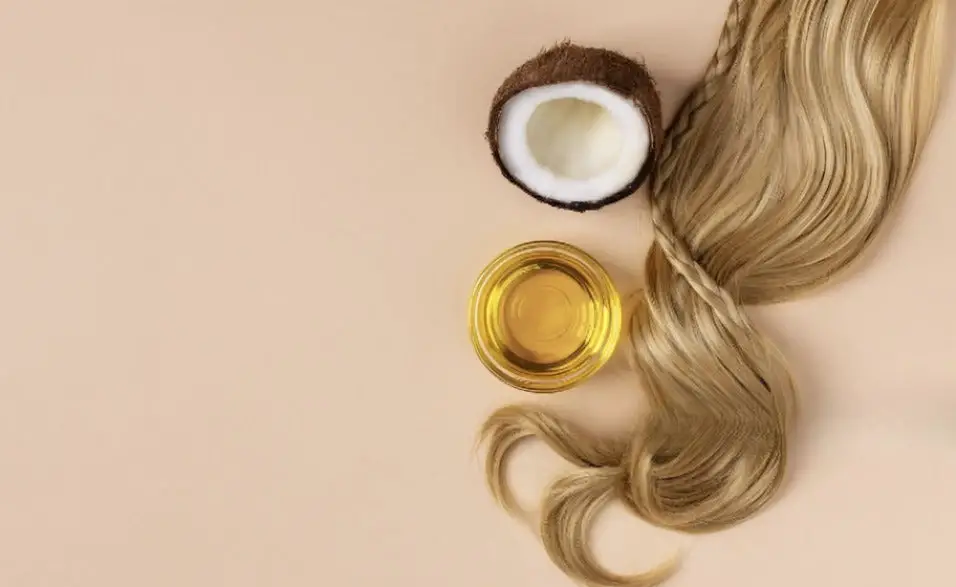When to Use Hair Oil and Why Its a Beauticians Secret
As a beautician, understanding when to use hair oil can significantly transform the effectiveness of hair care routines for your clients. Hair oiling isnt just a ritualits an art, steeped in tradition with modern-day relevance. Whether working with damaged hair, dry scalp issues, or simply encouraging glossy locks, knowing the precise moments for oil application is critical. Lets delve into the best practices so you can expertly guide your clients.

What Is Hair Oiling?
Hair oiling is a time-honored method of enriching hair strands with essential nutrients. By massaging specific oils directly into the scalp and hair, clients can stimulate hair growth, tackle breakage, and maintain overall health. But the key lies not just in the oil but in using it the right way at the right time. The frequency and timing can make or break the results.
Why Timing Matters
One common mistake even seasoned beauticians make is neglecting when to use hair oil. Hair oiling doesnt follow a universal schedule; instead, it varies based on needs, hair types, and desired results. For instance:
- Someone aiming to restore damaged hair may benefit from overnight oil treatments.
- Clients working through frizz should use lighter oils immediately after washing their hair or while damp.
- For scalp nourishment, pre-wash oiling is ideal.
When to Apply Hair Oil for Maximum Results
1. Pre-Wash Nourishment
Applying hair oil before washing serves a protective function, helping to prevent the shampoo from stripping natural oils. This is especially effective for dry, curly, or damaged hair. Aim to leave it in for at least 30 minutes before washing it off.
- Coconut oil benefits are particularly suited for pre-wash treatments due to its deep penetration traits.
2. Post-Wash Restorative Care
For clients with colored or chemically treated hair, using hair oil as a post-wash treatment is a game-changer. Apply a minimal amount to the ends of the hair when damp to seal in hydration.
- Check out the benefits in this link: Jojoba oils restorative properties.
3. Overnight Hair Revival
Overnight oiling is perfect for clients battling severe dryness or split ends. Encourage them to apply oil generously from scalp to ends, wrap the hair, and wash it out in the morning. Oils such as argan or almond oil work best for this regimen.
- Read more: Using hair oil professionally.
4. Scalp-Specific Treatments
Oiling the scalp is about nourishment and detox. Focus on oils like castor or tea tree oil for clients with dandruff or dry scalp issues. Massage into the scalp and leave for no longer than an hour before washing.
Common Types of Hair Oil and Their Benefits
Different hair oils serve different purposes. Its crucial to match the oil type to the clients hair needs. Here are a few popular choices:
- Coconut Oil: Excellent for deep hydration and anti-frizz remedies.
- Argan Oil: Great for detangling post-shower and reducing flyaways.
- Castor Oil: Stimulates hair growth and combats hair thinning.
- Olive Oil: Adds shine and softness to textured or dry strands. Learn more here: olive oil for your hair.
Steps to Apply Hair Oil Like a Pro
As a beautician, demonstrating proper application techniques instills trust and ensures better results for clients. Heres a foolproof method:
Step 1: Warm the Oil
Warming oil enhances its penetration abilities, so encourage clients to heat it slightly before application.
Step 2: Section the Hair
Divide hair into even sections for better oil distribution.
Step 3: Focus on the Scalp First
Massage oil into the scalp using circular motions to improve blood circulation.
Step 4: Coat the Ends
The ends of the hair require the most attention, as theyre most prone to dryness.
Additional Expertise and Tools
Explore alternative tools and oils that offer specialization:
- Learn which oil suits your hair type in this guide.
- Consider using heat caps for deeper oil penetration during treatments.
FAQs on When to Use Hair Oil
1. Can hair oiling be done daily?
Not all hair types require daily oiling. Fine hair may feel greasy with frequent use, but coarse textures often benefit from it more regularly.
2. Is it okay to leave oil on overnight?
Yes, particularly for strengthening treatments with oils like argan or castor. However, avoid doing so if the client has a sensitive scalp.
3. Which oils are best suited for frizzy hair?
Oils like argan or olive are ideal for taming frizz. Here's why: Best oils for frizzy hair.

Conclusion
As a beautician, refining your understanding of when to use hair oil can elevate your service offerings. Remember that oiling hair at the right time isnt just about better strandsits about unlocking a clients true confidence. Share these practices, and watch transformations happen!
This article contains affiliate links. We may earn a commission at no extra cost to you.

